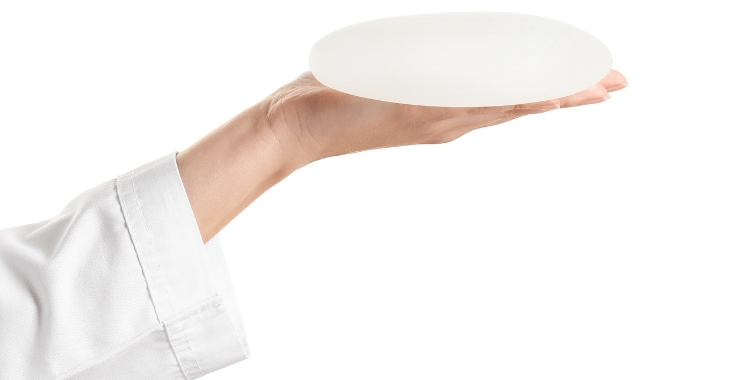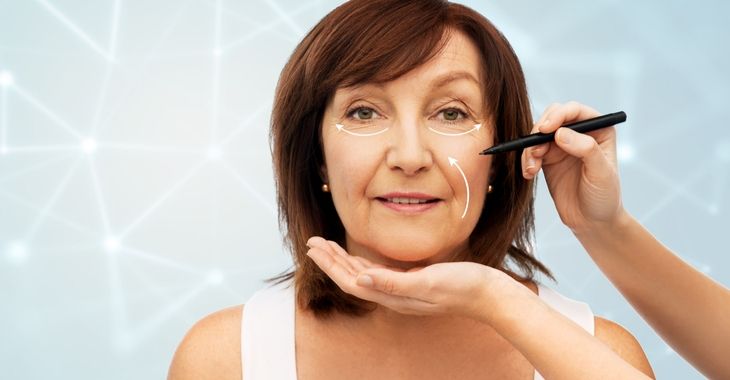Wake-Up Droopy Eyes with an Eyelid Lift
Do you look tired, even when you feel energetic? Droopy upper eyelids can make you look tired and older, even unfocused. While it can occur from aging, even younger people can suffer from droopy eyelids that impact their appearance and their vision. An upper eyelid lift can open your eyes and make you look more energetic, focused and youthful, and can often correct other problems as well.
There are different types of eyelid lifts that can be performed for droopy eyes. The type of blepharoplasty or eyelid surgery performed will depend on the issues that plague your eyes. For aging issues, the surgery can require excess fat or skin be removed, as well as an elevation of the eyelid skin and tissue. For genetic conditions like ptosis, surgery can be performed to open the eye and improve vision and appearance, even in children.
The changes in your appearance from an eyelid lift can be dramatic. Open eyes look more alert and youthful. Your entire face can look more appealing from one change to your eyes and it can benefit your self-confidence. For some, it can make it easier to wear the eye makeup they love or even improve their vision. It is a worthwhile procedure for anyone that is unhappy with their “droopy” or tired-appearing eyes.
If you are tired of looking tired due to droopy eyes, consult a plastic surgeon that specializes in eye transformation surgeries. You want a facial plastic surgeon that performs oculoplastic surgery, preferably as their specialty for the best results. During your consultation, your facial plastic surgeon can evaluate your eyes and offer a customized eyelid surgical solution to give you the results you desire.
Posted on behalf of:
Kami Parsa, M.D.
Oculoplastic Surgery
465 N Roxbury Dr. Suite 1011
Beverly Hills, CA 90210
(310) 777-8880
The information provided on this website, including text, graphics, images, and other materials, is intended solely for informational purposes and should not be used as a substitute for professional medical advice, diagnosis, or treatment.


)